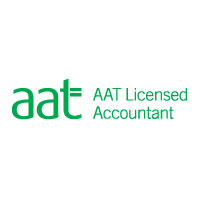Have you heard of the Prompt Payment Code?
The Prompt Payment Code (Code) is not a fanciful device to access cash from bank machines or a way to secure automatic “prompt” payment from your customers.
The Code was actually set up by the Chartered Institute of Credit Management (CICM) on behalf of government in order to promote a culture of prompt payment. Signatories to the Code agree to pay 95% of invoices within 60 days and work towards 30 days as normal practice, plus commit to other standards of good practice such as not retrospectively changing payment terms. The Code also requires signatories to give clear guidance to suppliers on payment procedures, ensure a system for dealing with complaints and disputes is communicated to suppliers and to avoid any practices that adversely affect the supply chain.
As payment practices have knock-on impacts through the supply chain, the Code also requests that lead suppliers in a supply chain encourage adoption of the Code throughout their own supply chains.
Apparently, as at the end of April 2019, nearly 2,300 organisations had signed up to comply with the PPC.
As most of us in business will wryly observe, there are 5.4m businesses in the UK, and so to have a real impact on cashflow the Code will need to be much more widely adopted.
Out take on credit control is to set up and enforce a rigorous cash collections system based on credit terms clearly set out in your terms and conditions of sale. You can’t expect your customers to pay up on-time if you haven’t indicated by which date an invoice needs to be settled.
If you are suffering from significant delays in payment from customers, you should take a hard look at your present credit control processes. If your monthly sales are £50,000 and your average credit allowed is 90 days, you are leaving upwards of £150,000 in your customers bank accounts when it should be in yours.
We can help. Redrafting your terms and conditions of sale is a good starting point, as is the introduction of strict enforcement of credit terms. Those who shout loudest are likely to get paid first.
All news
 Dawn Johnson is licensed and regulated by AAT under licence number 126542.
Dawn Johnson is licensed and regulated by AAT under licence number 126542.
